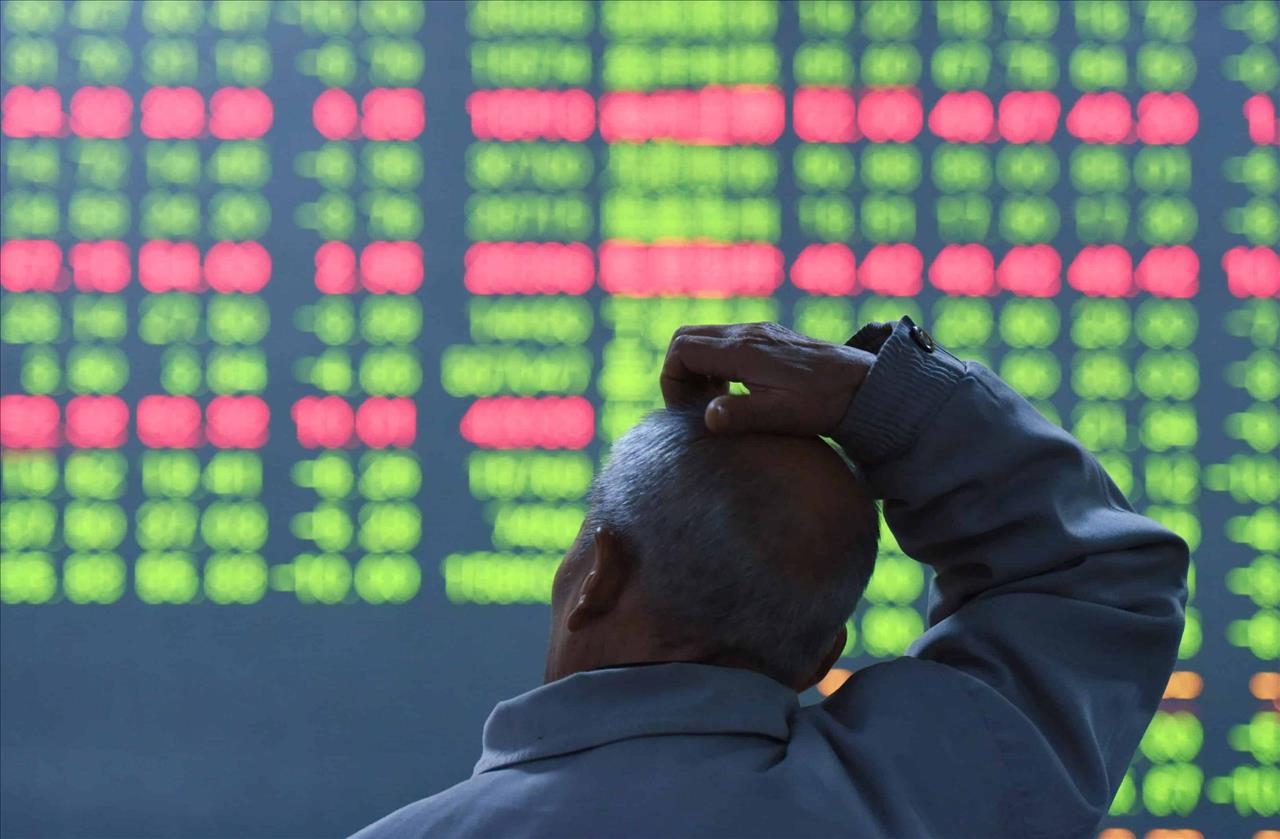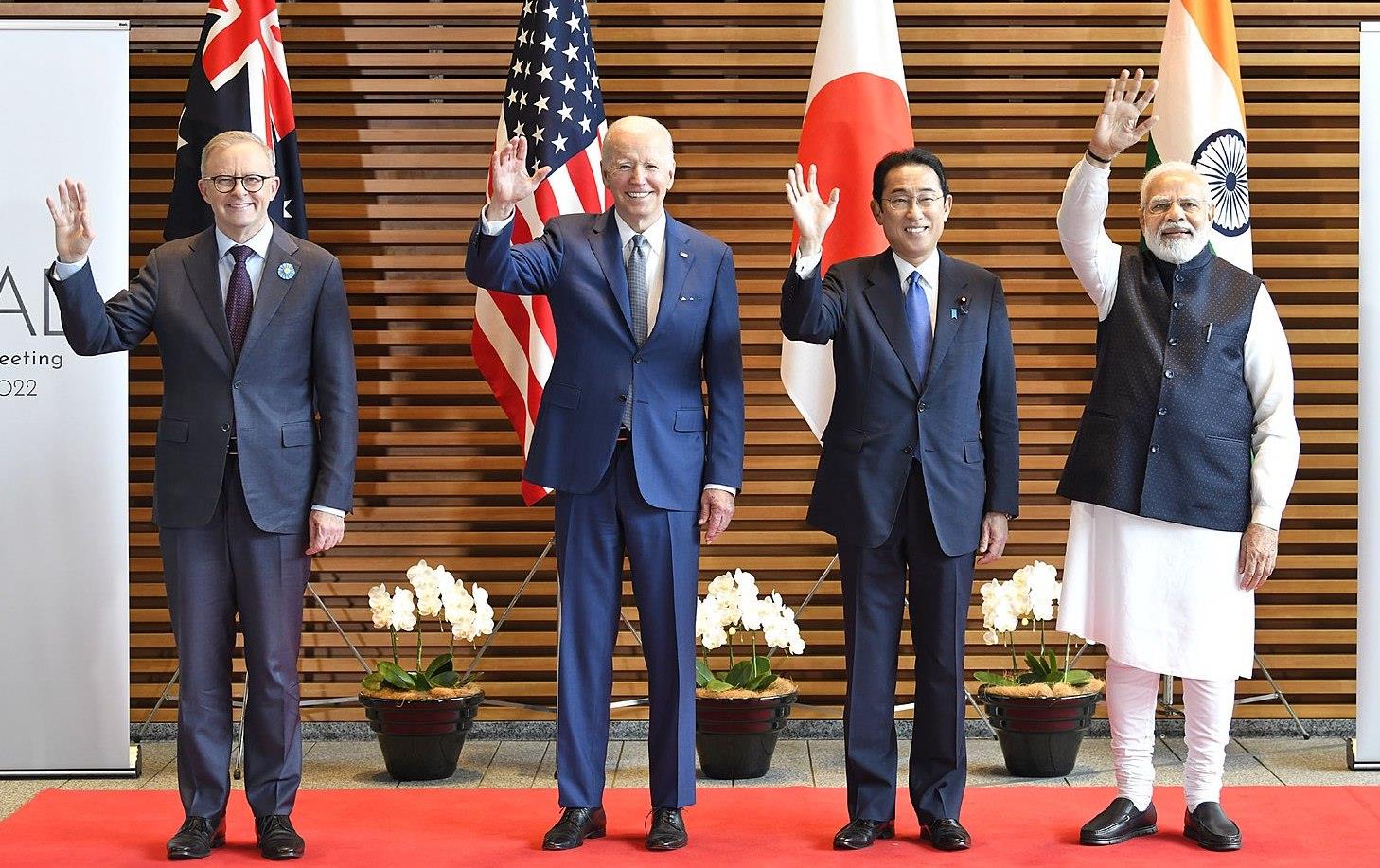
Less Transparency, Less Faith In China Stocks
On one screen, the China Securities Regulatory Commission (CSRC) pledged to improve market operations, strengthen comprehensive research capabilities, deepen response mechanisms to manage market risks and hone regulations for trading.
On the other, signals that Beijing is increasing opacity surrounding the flow of capital. Specifically, how much capital international funds deploy into and out of Asia's most volatile major stock market.
After August 18, analysts won't be able to track net capital movements at the end of a trading day. The fact this follows a move in May to end intraday data flows with Hong Kong markets suggests this is no aberration.
And it generates more questions than answers about the state of Xi Jinping's vision for making China a more attractive investment destination for the biggest of the globe's big money.
Of course, there's a third screen on which investors are keeping an eye. This one features a fresh round of stimulus.
On Tuesday, the Politburo, a Communist Party's top decision-making body, signaled renewed efforts to reach this year's 5% growth target focused on consumers.
Chinese leaders said the priority is increasing household income“through multiple channels” and increasing the“ability and willingness” of low- and middle-income groups to spend.
Yet the Politburo had less to say about financial upgrades at a moment when regulators are obscuring basic intelligence on capital flows.
True, exchanges still plan to provide data on turnover and trading volume in equities and exchange-traded funds through links with markets in Hong Kong.
But as regulatory signals go, making it harder to discern top-line levels of enthusiasm and pessimism about mainland shares isn't likely to bolster confidence in Asia's biggest economy.
Restoring trust on the part of global investors was a major goal of this month's Third Plenum extravaganza. Though normally a five-yearly event, President Xi didn't convene one in 2018.
Since the recently concluded Third Plenum was the first since 2013, expectations for bold reforms were – and still are – sky-high. Xi's Communist Party pledged to“unswervingly encourage” the
private
sector in a bid to accelerate“high-quality development,”“Chinese-style modernization”
and“innovative vitality.”
There's still scope for China's 24-member Politburo
to bolster investors' trust by detailing plans to make bigger alterations to the nation's export- and investment-led growth model.
Suffice to say, though, announcing plans for reduced transparency the same month overseas money managers sold at least US$4.1 billion
of Chinese shares might not go down well. Chinese and Hong Kong stock markets lost an epic $6.3 trillion from their peak in 2021 to January this year.
Xi's team also faces confidence deficits on the economic front. The nation's 4.7% economic growth rate in the second quarter amid weak consumer demand and housing prices disappointed many.

Legal Disclaimer:
MENAFN provides the information “as is” without warranty of any kind. We do not accept any responsibility or liability for the accuracy, content, images, videos, licenses, completeness, legality, or reliability of the information contained in this article. If you have any complaints or copyright issues related to this article, kindly contact the provider above.
Most popular stories
Market Research

- Manuka Honey Market Report 2024, Industry Growth, Size, Share, Top Compan...
- Modular Kitchen Market 2024, Industry Growth, Share, Size, Key Players An...
- Acrylamide Production Cost Analysis Report: A Comprehensive Assessment Of...
- Fish Sauce Market 2024, Industry Trends, Growth, Demand And Analysis Repo...
- Australia Foreign Exchange Market Size, Growth, Industry Demand And Forec...
- Cold Pressed Oil Market Trends 2024, Leading Companies Share, Size And Fo...
- Pasta Sauce Market 2024, Industry Growth, Share, Size, Key Players Analys...

























Comments
No comment